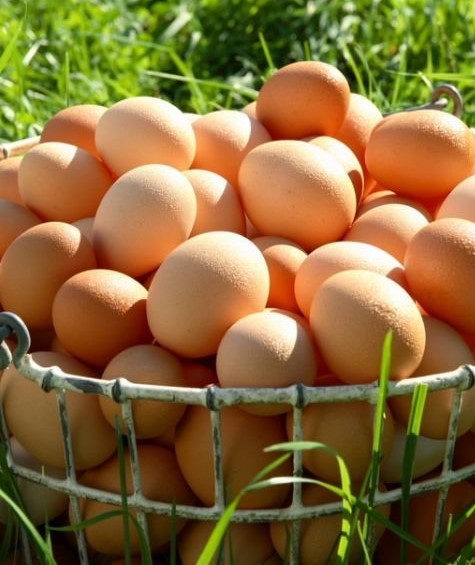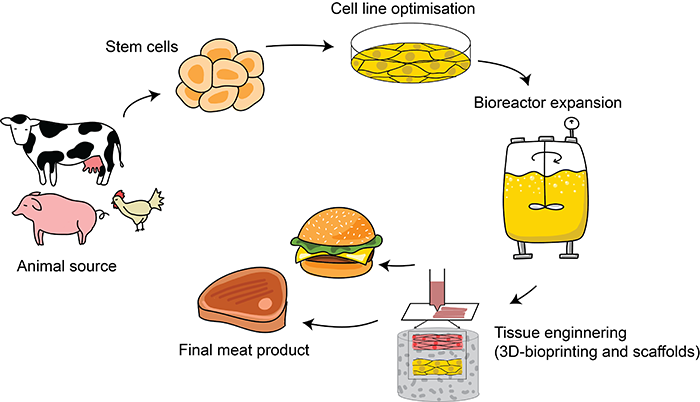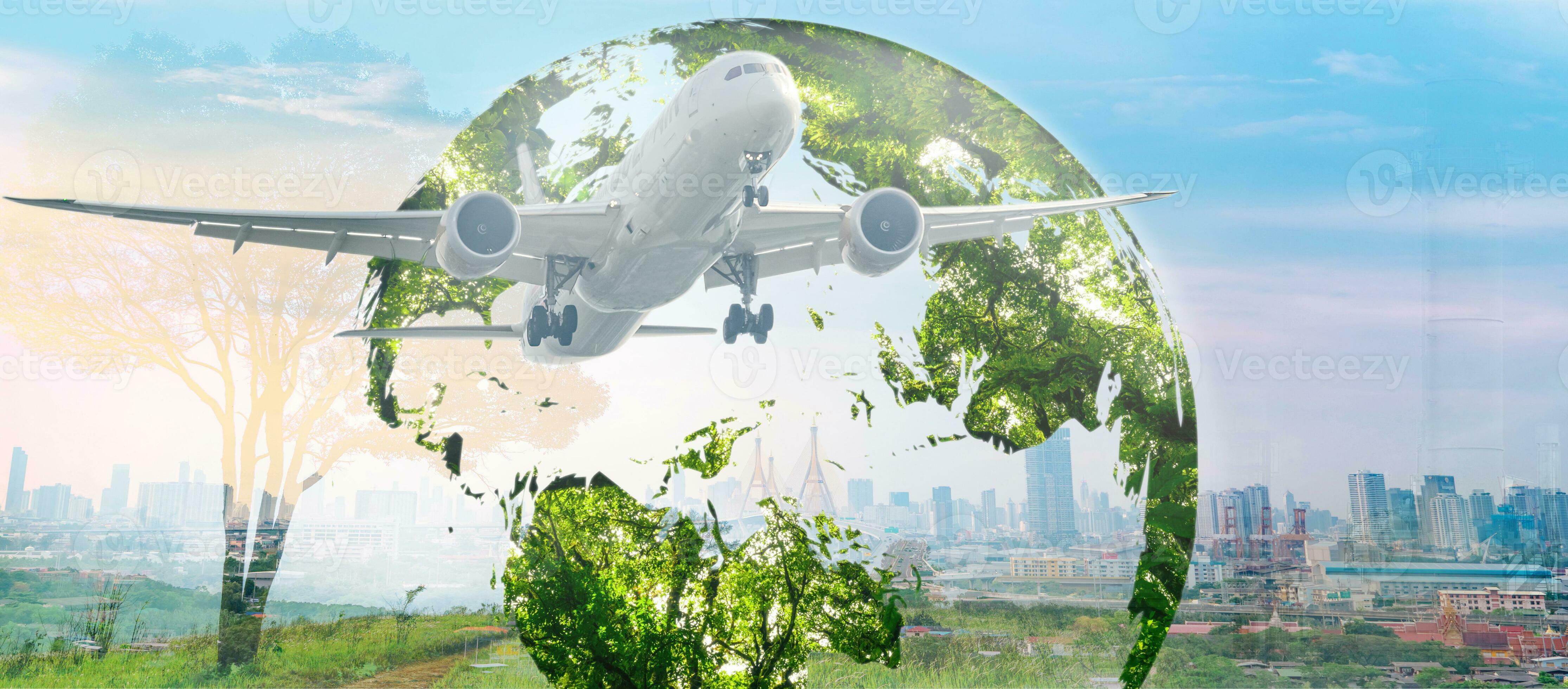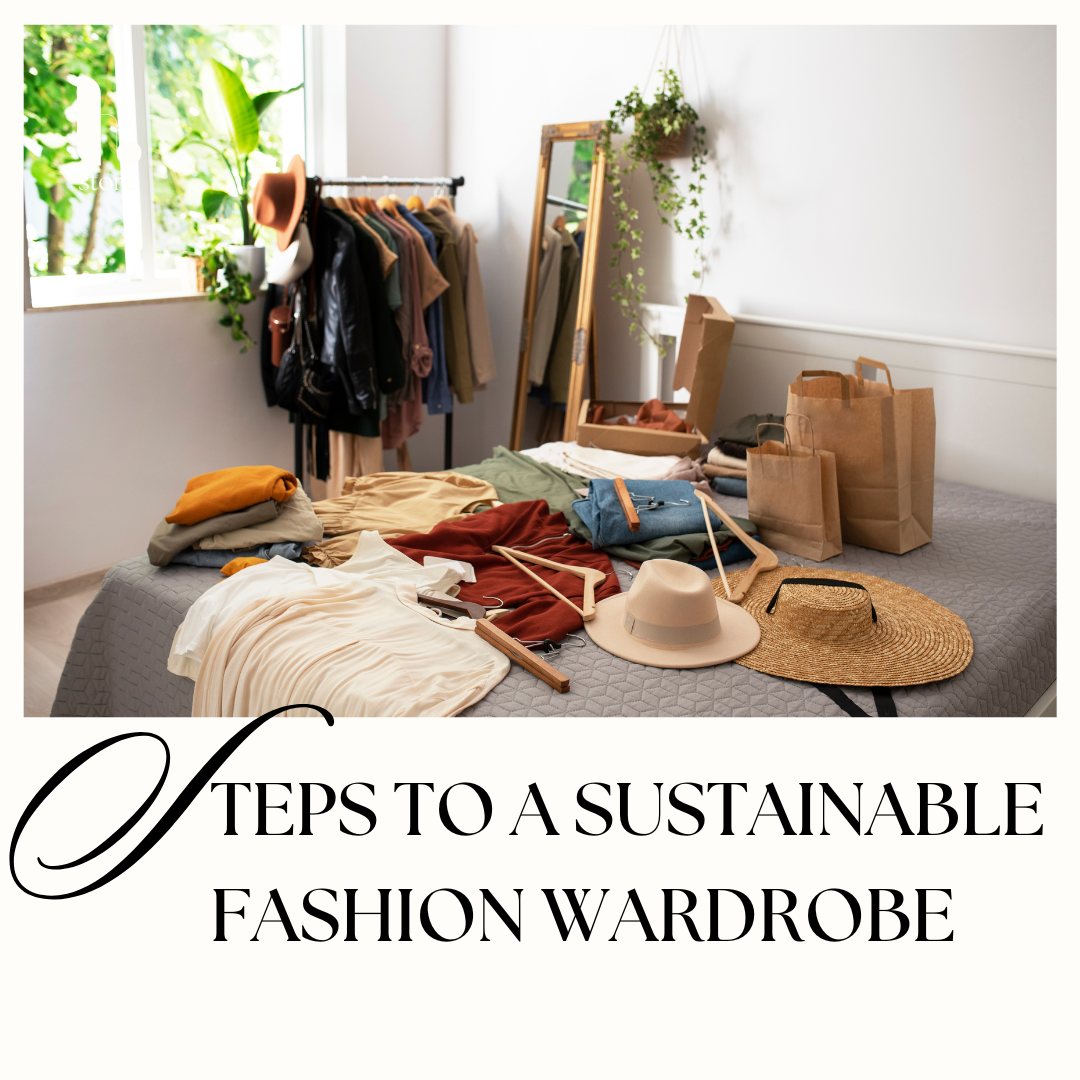Mushroom Magic - Mycelium Packaging Takes Root

In a world grappling with the ever-growing problem of plastic waste, the search for sustainable packaging alternatives has become more critical than ever. While numerous options have emerged, one stands out for its unique origins and promising potential: mycelium packaging. This innovative solution, literally grown from the root structure of mushrooms, is rapidly gaining traction in 2024, offering a glimpse into a future where packaging doesn't cost the earth.
What Makes Mycelium Packaging So Special?
Mycelium, the vegetative part of fungi, forms a network of thread-like filaments that bind and digest organic matter. This natural process is harnessed to create packaging by growing mycelium in molds with agricultural waste products like hemp hurds or sawdust. The mycelium consumes the waste, acting as a natural glue to bind it into the desired shape.
This process offers several key advantages:
- Sustainability: Mycelium packaging is entirely biodegradable, breaking down in soil within weeks, leaving no harmful residues. This stands in stark contrast to traditional plastics, which can take hundreds of years to decompose.
- Low Environmental Impact: The production process requires minimal energy and resources, emitting significantly less carbon dioxide compared to conventional packaging materials.
- Versatile and Customizable: Mycelium can be molded into various shapes and sizes, offering a sustainable alternative for products ranging from electronics to cosmetics.
The 2024 Mycelium Boom: Growth and Adoption
The year 2024 has witnessed a surge in the development and adoption of mycelium packaging solutions. Major companies are recognizing its potential, leading to significant investments and partnerships:
- IKEA: The furniture giant has been exploring mycelium-based packaging for several years and is now scaling up production to replace polystyrene components in its products.
- Dell Technologies: The tech leader utilizes mycelium packaging for its computer servers, showcasing the material's ability to protect even delicate electronics.
- Ecovative Design: A pioneer in mycelium technology, Ecovative has partnered with companies like Seedlip (non-alcoholic spirits) and Biohm (building materials) to create bespoke, sustainable packaging solutions.
The global mycelium packaging market is expected to reach USD 970 million by 2026, according to a report by MarketsandMarkets. This exponential growth reflects the increasing demand for eco-friendly packaging solutions across industries.
Overcoming Challenges, Shaping the Future
While mycelium packaging holds immense promise, it is not without challenges. Scaling up production to meet global demand and ensuring cost-effectiveness are ongoing priorities. Further research and development are also needed to enhance the material's properties, such as its moisture resistance.
However, the momentum behind mycelium packaging is undeniable. As awareness of plastic pollution grows and consumers demand sustainable alternatives, mycelium offers a viable and scalable solution. Its unique combination of environmental benefits and performance attributes positions it as a game-changer in the packaging industry.
A Glimpse into a Greener Tomorrow
Mycelium packaging represents more than just a substitute for conventional materials; it embodies a fundamental shift towards a circular economy. By embracing natural processes and leveraging waste streams, it provides a glimpse into a future where packaging is not a burden on the planet but a harmonious part of the ecosystem. As research and innovation continue to flourish, the possibilities of mycelium seem endless, paving the way for a greener, more sustainable tomorrow.


















Comments ()